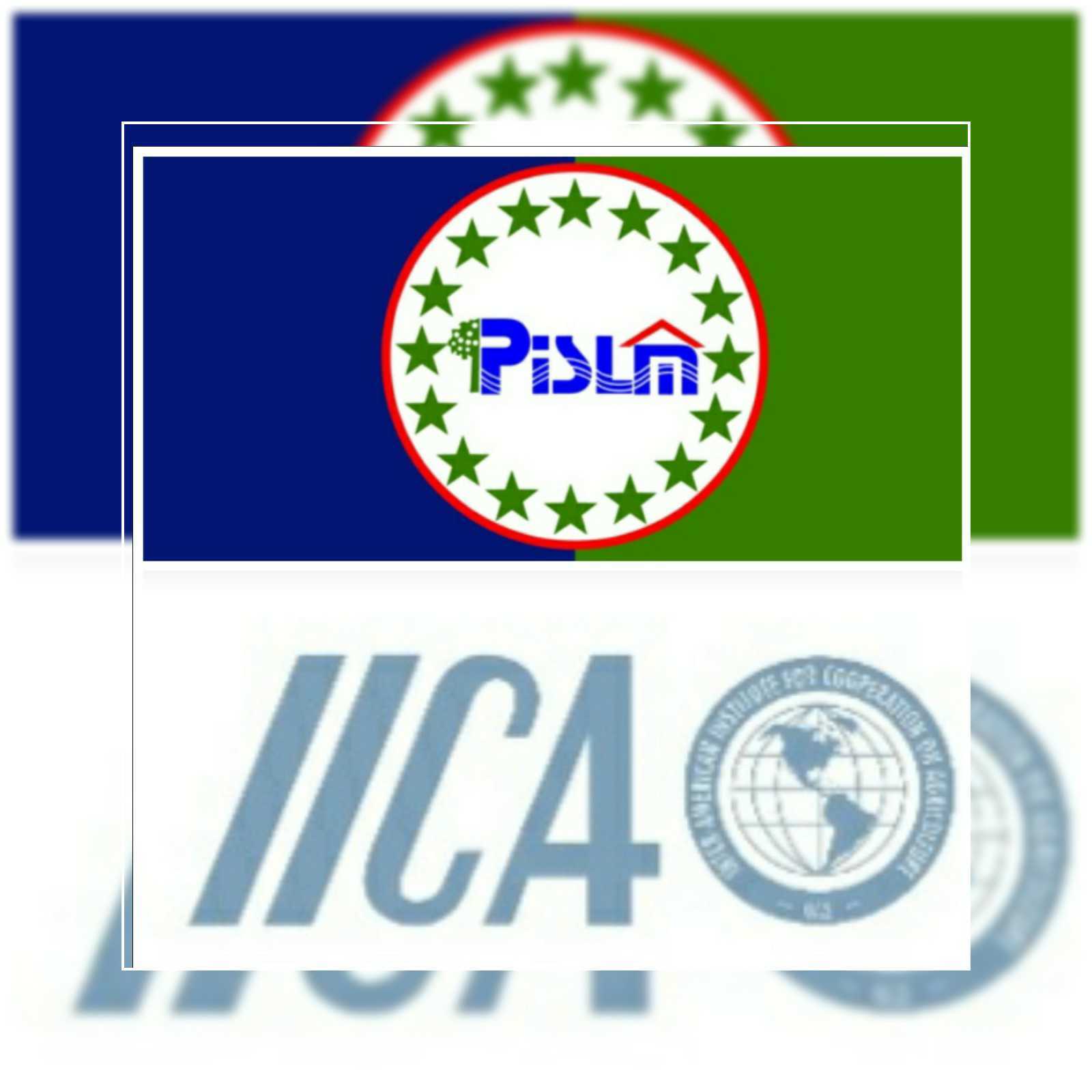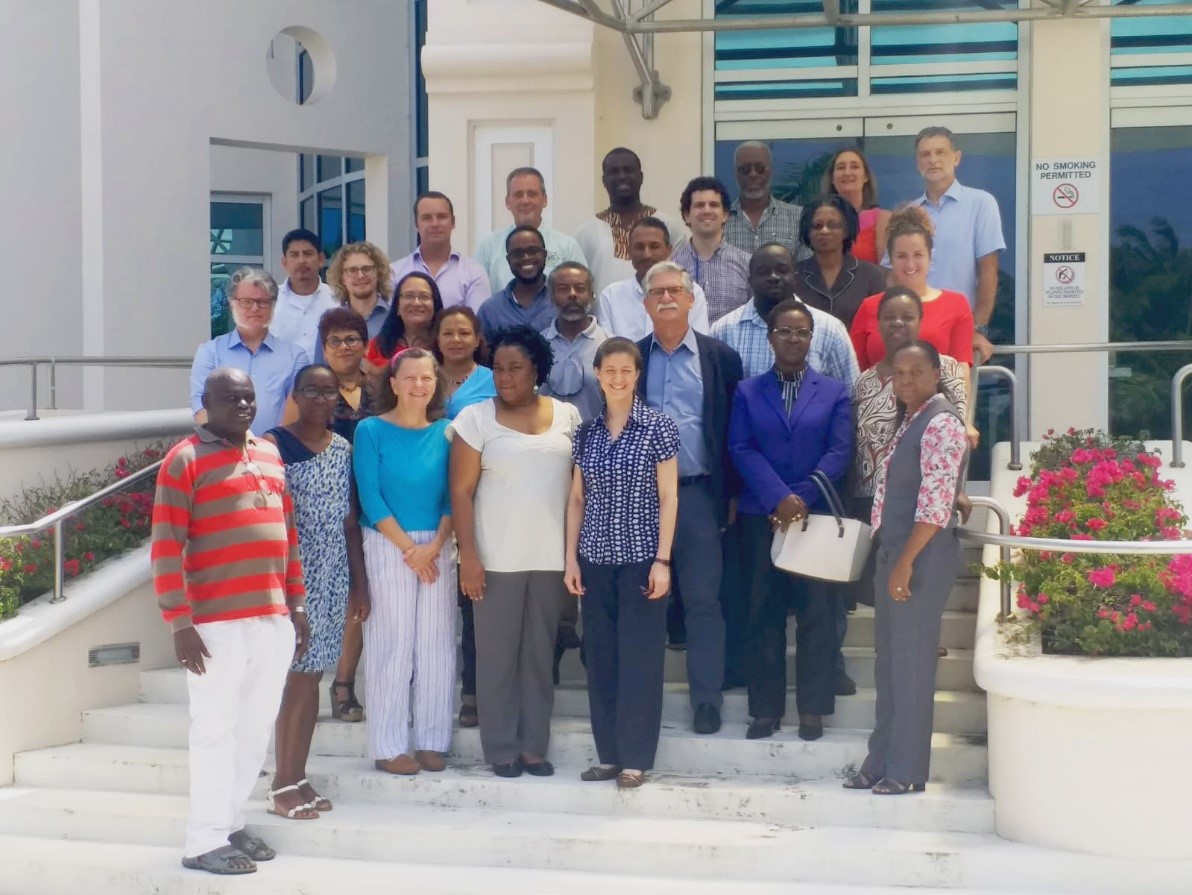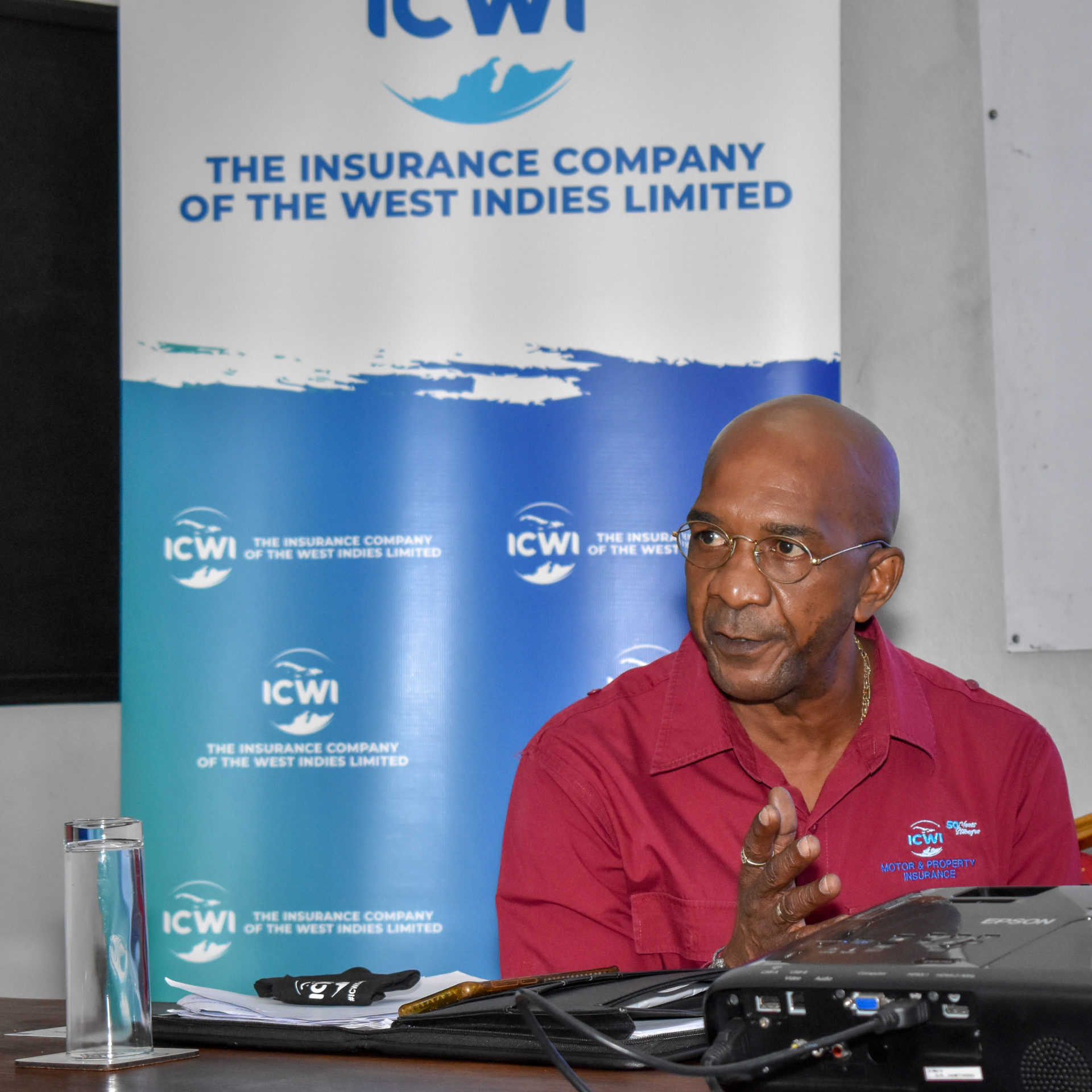
Roseau, Tuesday 27th October 2020: Improvements to market access for local agricultural products and enhancement of DomGAP standards are the focus of two projects aimed at improving capacity within the Ministry of Blue and Green Economy, Agriculture and National Food Security and the Division of Agriculture. The “Sustainable Land Management in the Commonwealth of Dominica” and “the Strengthening Resilience of Agricultural Lands and Forests in the Aftermath of Hurricane Maria” projects, will be implemented by the Partnership Initiative on Sustainable Land Management (PISLM) in collaboration with the Inter-American Institute for Cooperation in Agriculture (IICA) and will see implementation of programs and training activities for farmers as well as capacity building through the employment of SLM technologies by technical personnel of the Division of Agriculture over the course of one year in the first instance. The combined projects total just under XCD 20 million dollars.
According to Project Manager Alison Alfred, the projects seek to establish “an integrated land management model that includes agricultural, forestry and natural resources management practices that generate development and crystal environmental benefits in the Commonwealth of Dominica.”
The project will lend support to 40 farmers across five parishes namely, St. David, St. Paul, St. Patrick, St. George and St. Joseph.
Dominica’s topography is marked by a large number of deeply incised, narrow river valley sand steep ridges; very limited gentle sloping lands area available, and these are restricted to the narrow coastal strips along the central and north-eastern part of the island. In short a significant portion of the island’s terrain (about 60%) is land with slopes of 30° or more. Dominica lies within the Atlantic hurricane belt and past tropical storms and hurricanes have resulted in the loss of lives, livelihoods and infrastructure due to hazards such as landslides and floods. Agriculture remains a very important economic sector in the country; over the past decade, agriculture employed 40% of the labour force, and accounted for 70% of total export earnings and 60% of foreign exchange (through exports of bananas, vegetable and root crops, coconut and citrus and other crops). The agriculture sector is a key driver in the generation of foreign exchange- providing employment, contributing to food security, and acting as a stimulant to other economic activities. Dominica’s agricultural sector remains painfully vulnerable to natural disasters and the World Bank reports that agriculture’s share of GDP in Dominica has fallen consistently with each major natural disaster, with the sector failing to recover previous levels of relative importance.
This underscores the importance of SLM initiatives such as those implemented through PISLM. To date, a Baseline consultancy and a Soil Management Consultancy have been completed where 30 farms were assessed with some 15 extension personnel trained in soil management.
Dr. Reginald Thomas, Permanent Secretary (PS) in the Ministry of Agriculture, emphasized that these projects are aligned with the Government’s mandate to make Dominica a global center for resilience in agriculture and “are important to meeting our mandate of making Dominica the first climate resilient country in the world.” He also highlights the importance of collaboration between participating organizations which seek to “get the most out of the stakeholders that we serve.”
On the backdrop of the PS’ comments, the Director of Agriculture Mr. Ricky Brumant comments that capacity development is critical to the outlook of Sustainable Agriculture, and being able to better support the farmers through mechanisms that ensure resilience, is very much appreciated and worthwhile. “Sustainable agriculture is very much a part of Dominica’s outlook given the need for resilience and for supporting risk management and mitigation. That is key for us in understanding our need for national food security, the need for increasing exports and realizing the livelihoods of small farmers in a sustainable manner.”
“The Strengthening Resilience of Agricultural Lands and Forests in the Aftermath of Hurricane Maria” project will also benefit the Forestry, Wildlife and Parks Division, which is under the Ministry of Environment, Rural Modernisation and Kalinago Upliftment as well as DOWASCO. The primary focus is strengthening resilience in the landscape surrounding Morne Trois Piton National Park through participatory forest rehabilitation and restoration, sustainable agricultural practices, watershed management and development of livelihood options.
These projects are funded by the Global Environment Fund (GEF) in collaboration with the United Nations Environment Programme (UNEP) with co-financing from the Government of the Commonwealth of Dominica.
PISLM in Caribbean Small Island Developing States (SIDS) was initiated in the Caribbean region to address land degradation, specifically as it applies to the implementation of the United Nations Convention to Combat Desertification (UNCCD) and the Land issues of the Barbados Plan of Action (BPOA).






